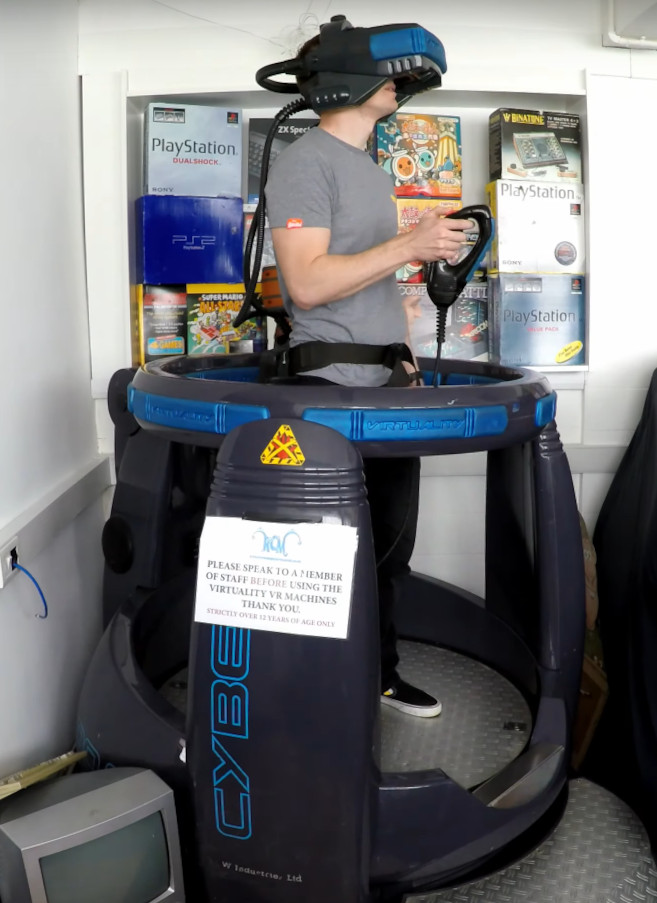South Australia Delays Ban on Fruit Stickers Amid Industry Concerns

In a notable development regarding environmental policy, the South Australian government has postponed its planned ban on fruit stickers, originally set to take effect in September 2025. This decision comes after industry representatives expressed the need for additional time to transition to alternative labeling methods. The ban was part of a broader initiative to eliminate single-use plastics that have been identified as detrimental to the environment.
Fruit stickers, often made of plastic, pose significant environmental challenges. According to data from Planet Ark, approximately 5.62 billion plastic labels are removed from fruits and vegetables annually in Australia. Many of these stickers, if not disposed of properly, end up in landfills, contributing an estimated 110 tonnes of plastic waste each year (Planet Ark, 2023).
The proposed ban on fruit stickers in South Australia was widely supported by the public, with many residents labeling them as "annoying and unnecessary" in consultation submissions. Dr. Susan Close, South Australia's Minister for Environment and Water, acknowledged this sentiment, stating, "Many South Australians told us through previous surveys and consultations that they ‘loathed’ fruit stickers as an inconvenience to remove before they recycle their food scraps." Despite this support, the delay highlights the tension between environmental goals and industry readiness.
The Australian Fresh Produce Alliance, which represents growers and retailers, argued that fruit stickers serve essential functions, such as providing information about fruit varieties and prices without adding significant packaging. They contend that while alternatives exist, such as compostable stickers and lasered labels, these options are not yet available at a commercial scale (Australian Fresh Produce Alliance, 2023).
Ryan Collins, head of research at Planet Ark, explained the complications associated with composting fruit stickers. He noted that when these stickers are left on fruits and sent to composting facilities, they can contaminate organic waste streams, leading to increased costs for waste management companies and potential quality issues for compost products used in agriculture and landscaping (Planet Ark, 2023).
The delayed implementation of the ban aligns with similar trends globally. In New Zealand, a ban on non-compostable fruit stickers was instituted in 2023 but has also been postponed to 2028 to allow for industry adaptation (Penny Simmonds, New Zealand Minister for the Environment, 2023). This approach aims to balance environmental responsibility with economic considerations, ensuring that both consumers and businesses can adjust to new practices without undue hardship.
As Australia and New Zealand work towards reducing plastic waste, the conversation around fruit stickers highlights the complexities of transitioning to sustainable alternatives. While the South Australian government remains committed to the ban, it plans to collaborate with industry stakeholders over the next year to facilitate a smoother transition. New South Wales has proposed similar measures, aiming to require compostable labels by the end of 2030.
The South Australian environment minister reiterated the commitment to reform, stating that the delay is not a reversal but a necessary step to ensure effective implementation. "We are working with growers, industry bodies, and other jurisdictions to find viable solutions that do not compromise the environment or economic stability," said Dr. Close.
In conclusion, the postponement of the fruit sticker ban in South Australia illustrates the ongoing struggle between environmental initiatives and industry pressures. As governments worldwide seek to phase out single-use plastics, the need for viable alternatives and industry adaptability remains crucial in the fight against plastic pollution.
Advertisement
Tags
Advertisement





